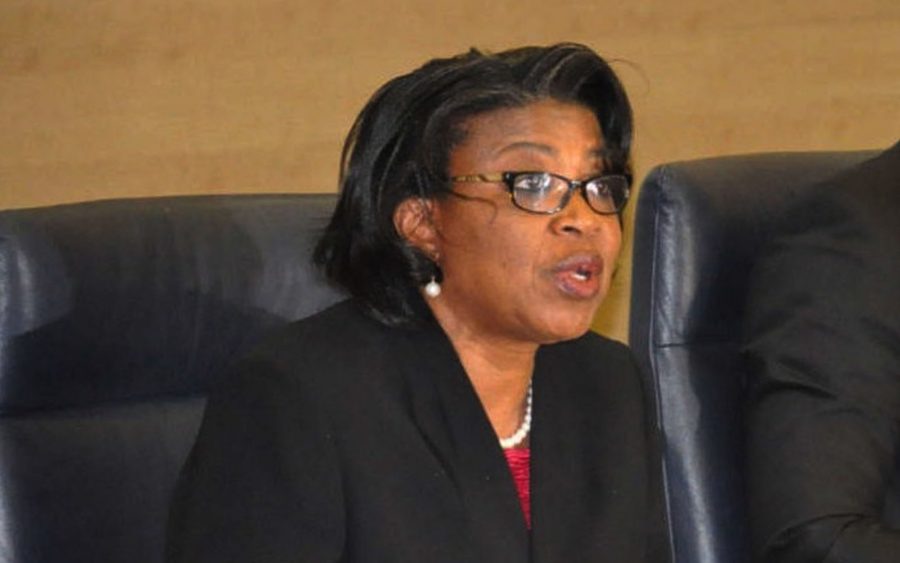The Federal Government has indicated it is looking inward as far as debt is concerned.
This point was unscored in the approval of the medium term Debt Management Strategy for the period 2020-2023 as disclosed by the Debt Management Office (DMO) in a statement issued on Wednesday after the FEC held its meeting in Abuja.
The MTDS policy as a document tries to articulate the debt mix of the government considering the cost and risk trade-offs that best suit the country’s broader macroeconomic and public debt management
READ: Investors scramble for DMO sovereign sukuk as it records 446% oversubscription
It stated, “The MTDS, 2020-2023 has been prepared by the DMO, in collaboration with Federal Ministry of Finance, Budget and National Planning and the Central Bank of Nigeria.
“Other collaborating stakeholders are the Budget Office of the Federation, National Bureau of Statistics and the Office of the Accountant-General of the Federation.”
READ: Nigeria’s high recurrent costs, low revenue and escalating debt numbers
What has changed
With the new strategy, a larger proportion of new borrowing will be from domestic sources using long-term instruments while for External Borrowing, concessional funding from multilateral and bilateral sources will be prioritised.
Also, the target of fiscal sustainability has been increased from 25% (MTDS, 2016-2019) to 40% in the new strategy.
In simple language, the government wants to increase borrowing from 25% of GDP to 40%. While this will provide investment outlets to investors and mop up cash and calm inflation rate, it will also put a lot of pressure on the domestic debt market, interest rate and liquidity.
READ: Mining Cadestre Office (MCO) generates revenue of N2.303 billion in 2020
The target, according to DMO, was increased to accommodate new borrowings to fund Budget Deficits and other obligations of Government; Promissory Notes to be issued to settle Government Arrears; and, the Ways and Means Advance at the Central Bank of Nigeria.
DMO added that the strategy would sustain the issuance of longer-tenored instruments with tenors of 10 years and above, in order to effectively manage Refinancing Risks.
Why it matters
The new debt policy has to be reworked in light of the current global pandemic, reduced revenue from shock and volatility in the oil market. The public works in the budget will be funded, indicating there is a low likelihood of project abandonment.
Government appetite for debt seems to have found some cover or justification from the assertion by DMO that Nigeria is still well below the threshold 55% for countries in Nigeria’s peer group, but massing debt could constraint government flexibility in public finance in the coming years and reduce monetary policy tool available to CBN.
